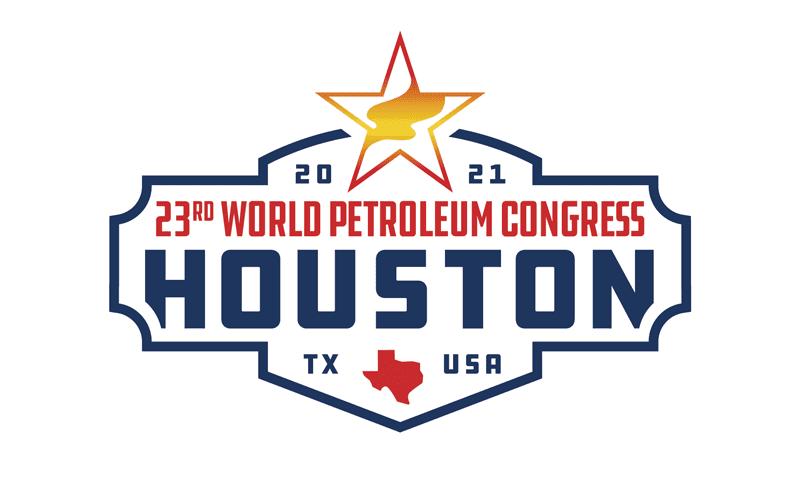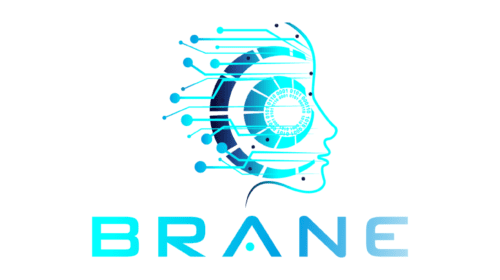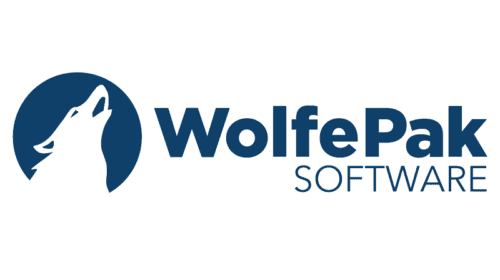Eric Eissler: Could you provide a little background about the World Petroleum Congress?

Jeff Shellebarger: The World Petroleum Congress (WPC) is a triennial, global industry event hosted by the World Petroleum Council, which has run since 1933. This year, the 23rd edition of the World Petroleum Congress will be returning to the energy capital of the world from December 5 – 9, 2021, at Houston’s George R. Brown Convention Center, for the first time since 1987. Convening international government and energy industry leaders, the Congress will be a forum for critical industry conversations that will shape the future of energy. As home to 4,600 energy firms and the hub for technology, innovation and entrepreneurship, Houston is the perfect host city for this premier event.
EE: What are some of the main topics that will be covered in this year’s congress?
JS: The unique aspect of this event is that the 23rd WPC will cover topics from all parts of the industry. Under the overall theme of Innovative Energy Solutions, the strategic, high-level program, as well as the technical program, will be segmented into five thematic blocks that will cover innovation in upstream, downstream, natural gas, energy solutions and the future of the energy landscape, while the U.S. strategic program will discuss topics from the host country’s perspective.
EE: How do the outcomes and decisions made at the 23rd WPC impact the oil and gas industry?
JS: The 23rd WPC provides global leaders [with a] platform to come together and put in motion purposeful and impactful conversations that will give decision-makers the information and tools they need to take solutions back to their organizations beyond the Congress.
EE: What is the Innovation Zone?
JS: The Innovation Zone by ConocoPhillips is one of the Congress’ special features that will be showcased at the exhibition. Reflecting on the innovative spirit of the industry, the Innovation Zone will give organizations the opportunity to present their groundbreaking ideas to 23rd WPC delegates. Through an application process, 32 companies will be invited to participate and pitch their ideas. We’re looking forward to bringing this activation that will not only give organizations the platform to present innovative solutions to a global audience, but also give delegates the opportunity to learn and be inspired.
EE: The Innovation Zone sounds like a fantastic opportunity to bring in fresh ideas! What does the winning team receive in addition to the award? Will there be a way for them to get help to create their idea?
JS: Organizations will receive exposure to a diverse, C-suite audience, recognition across WPC social media platforms, access to onsite media and a plethora of new contacts to expand their portfolio and visibility in the global startup ecosystem.
EE: While the winner’s idea will surely be amazing, what will the other 31 participants receive? Will they have the opportunity to use the exposure as a way to develop their ideas outside of the Innovation Zone?
JS: All participants have the opportunity to network and make connections with key decision makers [who] can help them develop their ideas. Companies can perfect and hone their pitch by attending open learning and development forums with Houston incubators prior to the Congress. Participants can leverage their experience in the competition by building relationships with fellow startup companies, delegates and attendees, showcasing their respective company as an innovator in Houston’s energy landscape. The great thing about Innovation Zone is that it provides startup companies an international platform – giving them exposure they wouldn’t necessarily get anywhere else – in the future energy transition capital of the world, Houston, Texas.
EE: Is this the first time you are holding a competition like the Innovation Zone?
JS: This is the first activation of its kind, and we look forward to unveiling more special features that will make the exhibition floor of the 23rd WPC one that inspires and connects delegates and visitors alike.
Eissler, former editor-in- chief of Oil & Gas Engineering magazine, previously worked as an editor for Dubai-based The Oil & Gas Year Magazine.
Oil and gas operations are commonly found in remote locations far from company headquarters. Now, it's possible to monitor pump operations, collate and analyze seismic data, and track employees around the world from almost anywhere. Whether employees are in the office or in the field, the internet and related applications enable a greater multidirectional flow of information – and control – than ever before.












